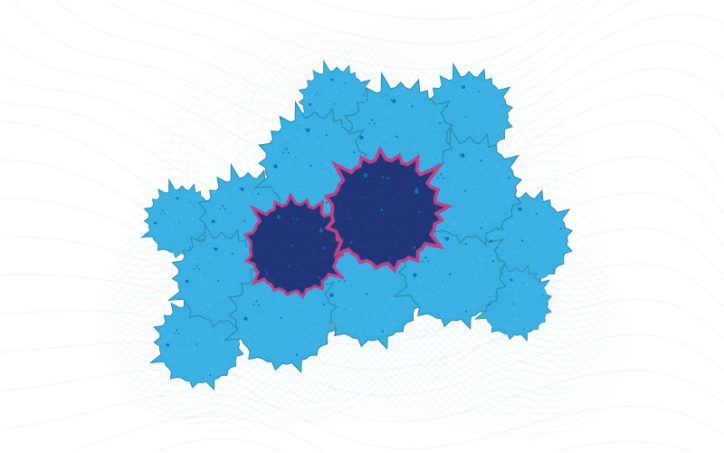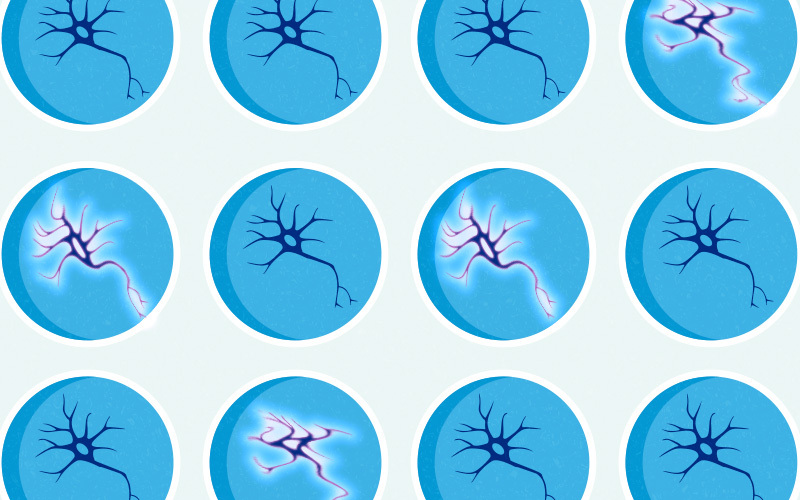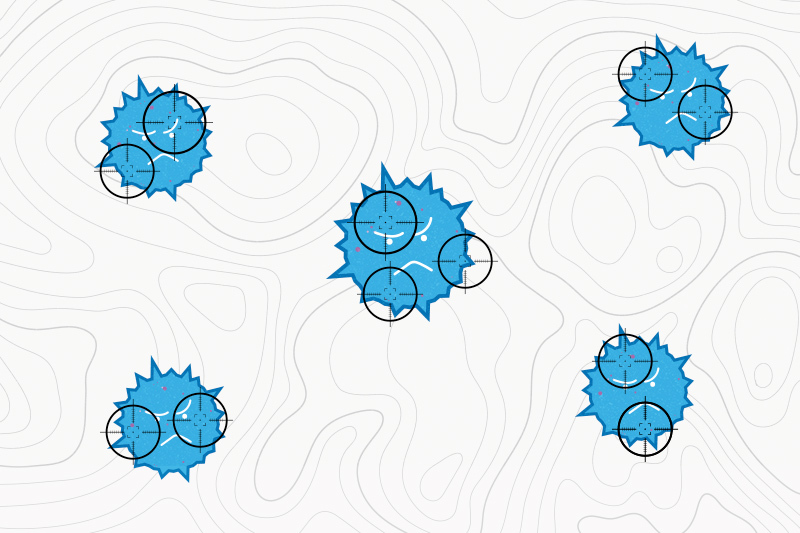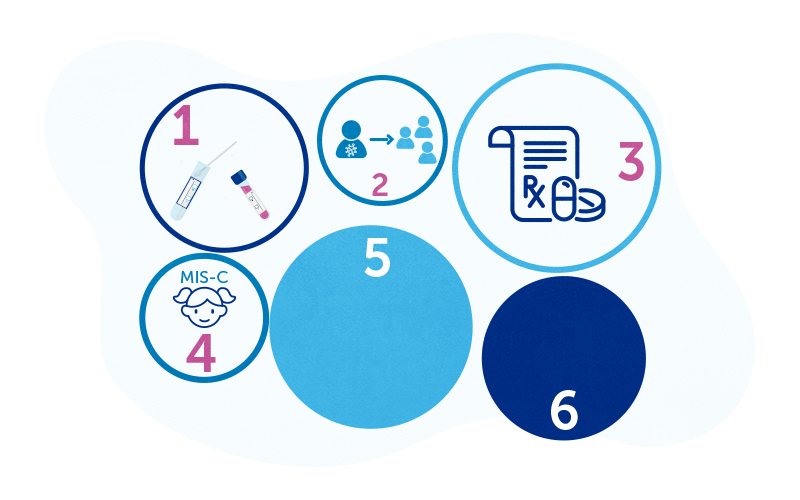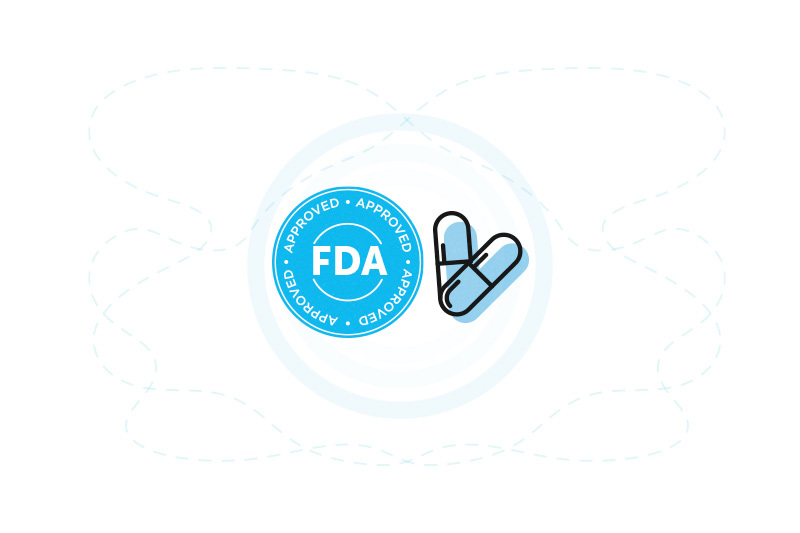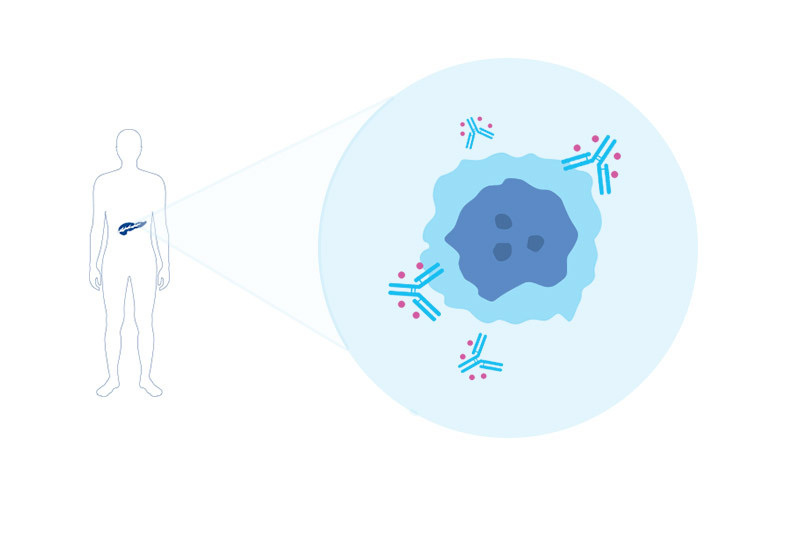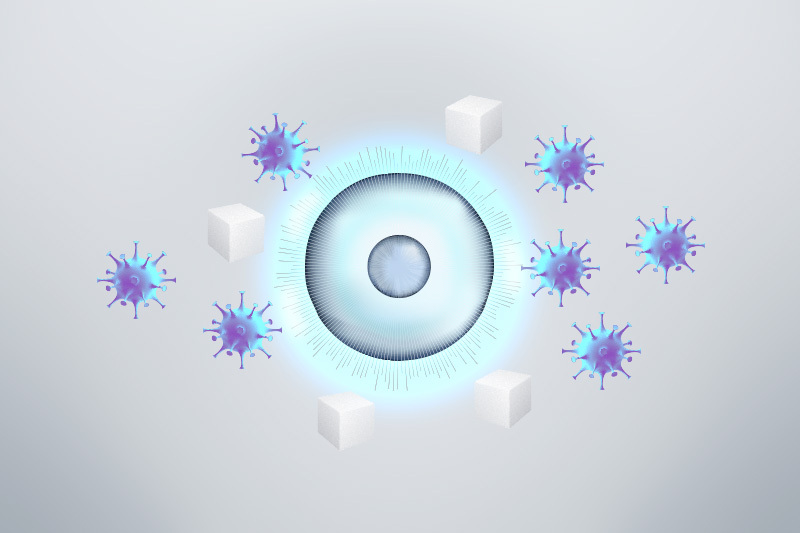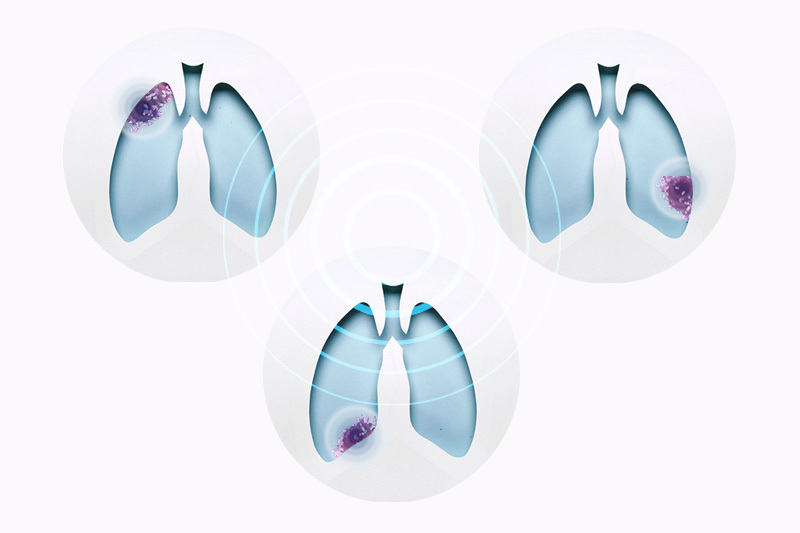Archive for drug development
RNA-modifying protein offers a possible lead for treating aggressive cancers
A protein that modifies RNAs, called METTL1, could be a target for treating some aggressive, difficult-to-treat cancers, suggests new research in Molecular Cell. The study provides evidence that blocking METTL1 curbs cancer cells’ ability to grow, selectively killing them, and the researchers believe it could be targeted with drugs. METTL1 and related proteins had previously ... Read More about RNA-modifying protein offers a possible lead for treating aggressive cancers
Tagged: cancer, drug development, genetics and genomics
Motor neurons made from patients’ cells reveal possible ALS drugs and targets
Amyotrophic lateral sclerosis (ALS) is a severe, fatal neurodegenerative disorder causing loss of motor neurons and voluntary muscle action. While mouse studies have identified potential treatments, these drugs have typically done very poorly in human trials. “One of the most difficult challenges in drug discovery is identifying a target that has a key role in ... Read More about Motor neurons made from patients’ cells reveal possible ALS drugs and targets
Tagged: drug development, epilepsy, neurology, neuroscience, stem cells
Looking for cancer’s Achilles heel: The Pediatric Cancer Dependency Map
Thanks to developments in precision medicine, some adult cancers are now treated with designer drugs that target the genetic mutations that caused them. But most children with cancer have not reaped the same benefits. Unlike adult cancers, childhood cancers carry few genetic mutations. And the mutations these tumors do have are typically harder to make ... Read More about Looking for cancer’s Achilles heel: The Pediatric Cancer Dependency Map
Made-to-order therapies get a boost with new FDA guidelines
Ed. note: Mila passed away in February, 2021, at age 10. The Mila’s Miracle Foundation continues to work to pave a pathway for personalized treatments. Science-based treatments for rare genetic diseases have burgeoned in the past decade. That includes diseases so rare they affect just a handful of patients — or in some cases, just ... Read More about Made-to-order therapies get a boost with new FDA guidelines
Botulism breakthrough? Taming botulinum toxin to deliver therapeutics
While rare, botulism can cause paralysis and is potentially fatal. It is caused by nerve-damaging toxins produced by Clostridium botulinum — the most potent toxins known. These toxins often lurk in contaminated food (home canning being a major culprit). Infants can also develop botulism from ingesting C. botulinum spores in honey, soil, or dust; the ... Read More about Botulism breakthrough? Taming botulinum toxin to deliver therapeutics
2020, the year COVID-19 tuned us into science: Part 2
Thanks — or no thanks — to COVID-19, 2020 has been a year in which science became a household topic of discussion. Our last post recounted what we collectively learned in the spring: what COVID-19 is, who is at risk, how to test for it. As the year unfolded, there were new lessons to be learned. ... Read More about 2020, the year COVID-19 tuned us into science: Part 2
Tagged: coronavirus, drug development, mis-c, research
It’s personal: How the Boston Children’s progeria research community brought new life to an old drug
In late November, the U.S. Food and Drug Administration (FDA) approved a repurposed cancer drug called lonafarnib to treat Hutchinson-Gilford progeria syndrome, better known as progeria — an ultra-rare incurable genetic disease associated with rapid aging. On average, children with progeria die before age 15, usually the result of rapidly accelerated atherosclerosis resulting in heart ... Read More about It’s personal: How the Boston Children’s progeria research community brought new life to an old drug
Tagged: advocacy, clinical trials, drug development, rare disease, research
Precision chemo-immunotherapy for pancreatic cancer?
Pancreatic cancer is highly lethal and in great need of better treatments. Only about 10 percent of patients remain alive five years after diagnosis. In a new study, researchers in the lab of Marsha Moses, PhD, at Boston Children’s Hospital offer a glimmer of hope. Key takeaway An antibody-drug combination effectively targeted, penetrated, and shrank ... Read More about Precision chemo-immunotherapy for pancreatic cancer?
A diabetes drug with a potential side benefit: Reduced COVID-19 mortality
In 2006, the Food and Drug Administration approved the drug sitagliptin to lower blood sugar in type 2 diabetes. Now, a multicenter observational study in Italy suggests the drug also cuts mortality in diabetic patients hospitalized with COVID-19 — by as much as half. Paolo Fiorina, MD, PhD, of Boston Children’s Hospital led the study, ... Read More about A diabetes drug with a potential side benefit: Reduced COVID-19 mortality
Lung ‘organoids’ capture early-stage lung cancer; could help test treatments
Lung cancer, the leading cancer killer in the U.S., is often missed in its earlier stages. And while recent imaging advances offer earlier detection, early-stage lung cancers still have no targeted treatments. Key takeaways Mini “organoids” made from lung cells offer a rapid platform for tracking early-stage lung cancers and for testing possible treatments. RNA ... Read More about Lung ‘organoids’ capture early-stage lung cancer; could help test treatments
Tagged: cancer, drug development, organoids, pulmonology, stem cells, tissue engineering


